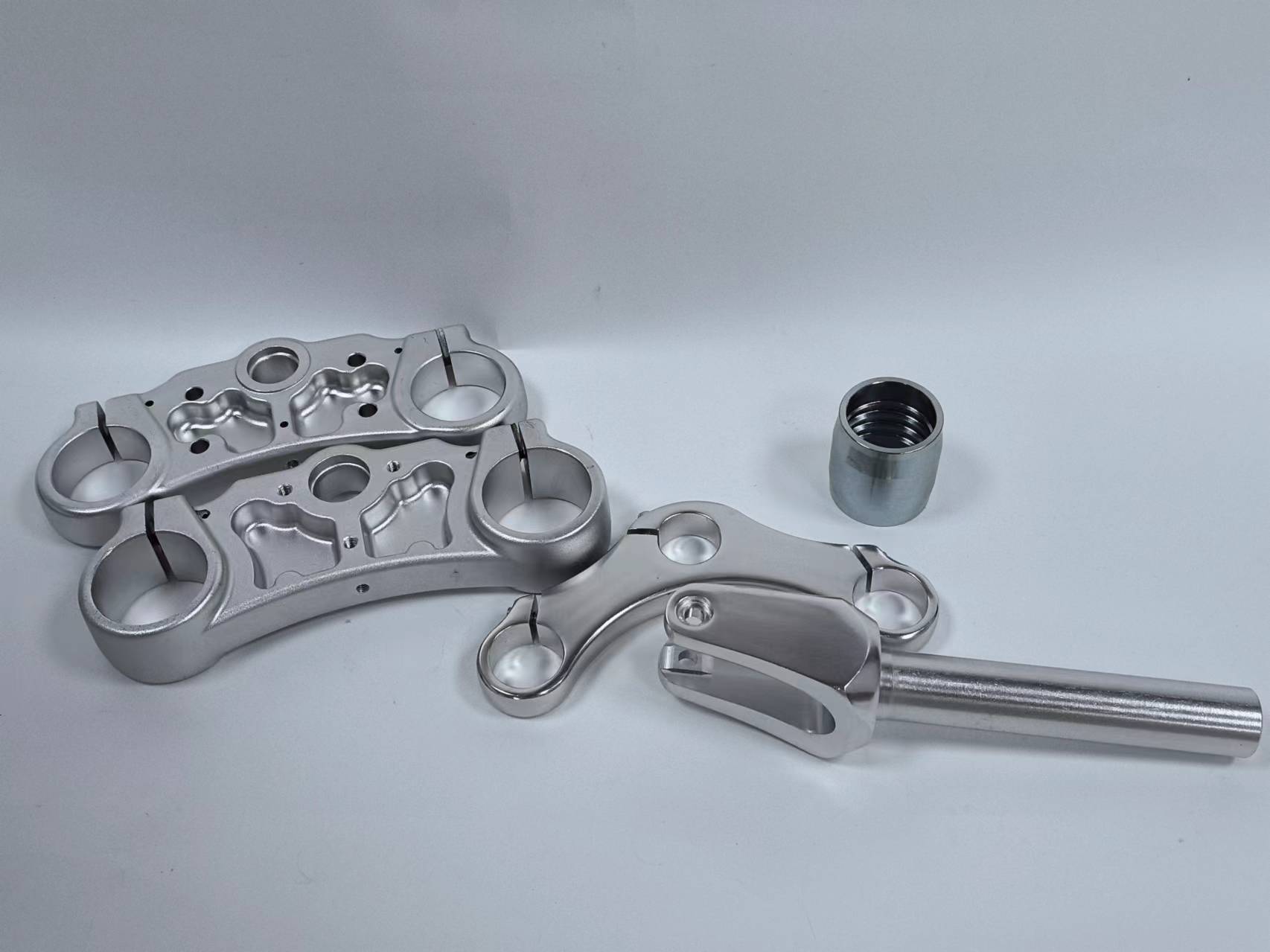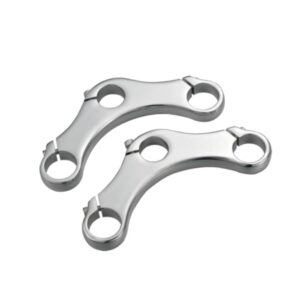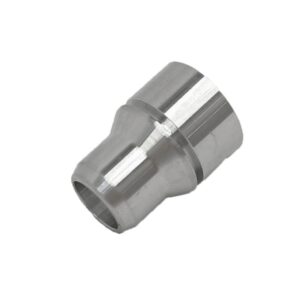Designing aluminum forge products requires a blend of technical expertise, innovative thinking, and a deep understanding of material properties. MINGYU, a renowned aluminum forging manufacturer, excels in creating high-quality aluminum forged products tailored to various industrial needs. In this article, we will explore the essential steps and considerations in designing aluminum forge products, leveraging MINGYU’s extensive experience and advanced manufacturing capabilities.
Understanding Aluminum Forging
Aluminum forging is a process that involves shaping aluminum alloys under high pressure to produce parts with superior mechanical properties. This method enhances the strength, durability, and overall performance of the aluminum components, making them ideal for demanding applications in automotive, aerospace, and industrial sectors.
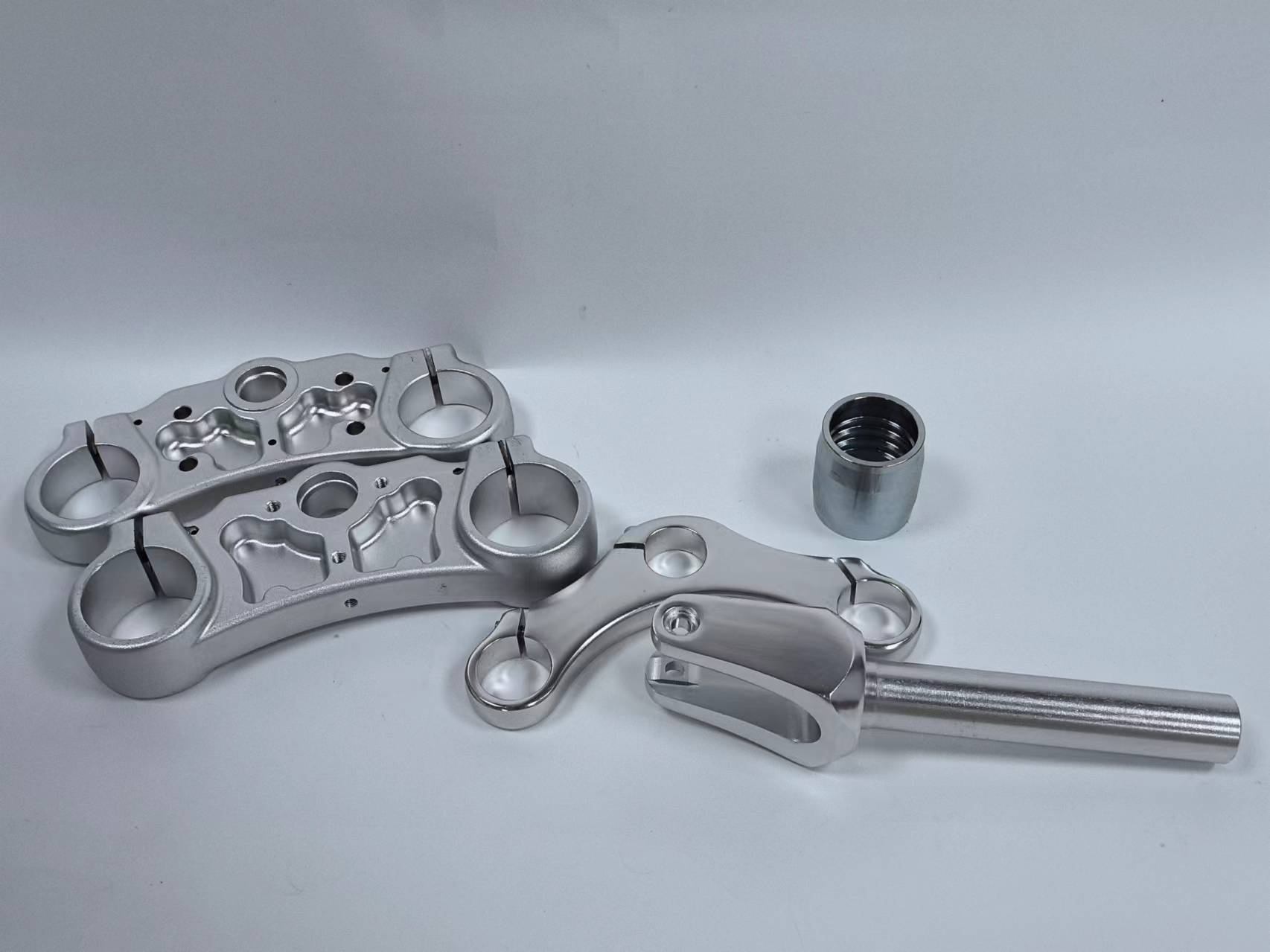
Key Steps in Designing Aluminum Forge
- Material Selection
Choosing the right aluminum alloy is crucial. MINGYU uses a variety of high-grade aluminum alloys known for their excellent strength-to-weight ratio, corrosion resistance, and thermal conductivity. Common alloys include:
- 6061 Aluminum: Known for its versatility and good mechanical properties.
- 7075 Aluminum: Offers high strength and is often used in aerospace applications.
- 2024 Aluminum: Excellent fatigue resistance, ideal for structural components.
- Design Considerations
Effective design is the cornerstone of successful aluminum forging. Key design considerations include:
- Geometry: Simplify the design to facilitate the forging process and reduce the risk of defects. Avoid sharp corners and sudden changes in cross-section.
- Tolerances: Define precise tolerances to ensure the final product meets the required specifications. MINGYU’s advanced R&D capabilities allow for tight tolerance control.
- Draft Angles: Incorporate appropriate draft angles to ease the removal of the forged part from the die.
- Simulation and Prototyping
Before moving to full-scale production, MINGYU employs computer-aided design (CAD) and finite element analysis (FEA) to simulate the forging process. This step helps in identifying potential issues and optimizing the design for manufacturability and performance.
- Tooling Design
Tooling is a critical aspect of aluminum forging. MINGYU’s in-house tooling capabilities ensure precision and quality. Key elements of tooling design include:
- Die Material: Select durable materials such as H13 tool steel to withstand the high pressures and temperatures of forging.
- Cooling Systems: Integrate efficient cooling systems to maintain die temperature and prolong tool life.
- Surface Finish: Ensure the die surface finish meets the required specifications to achieve the desired surface quality of the forged part.
- Manufacturing Process
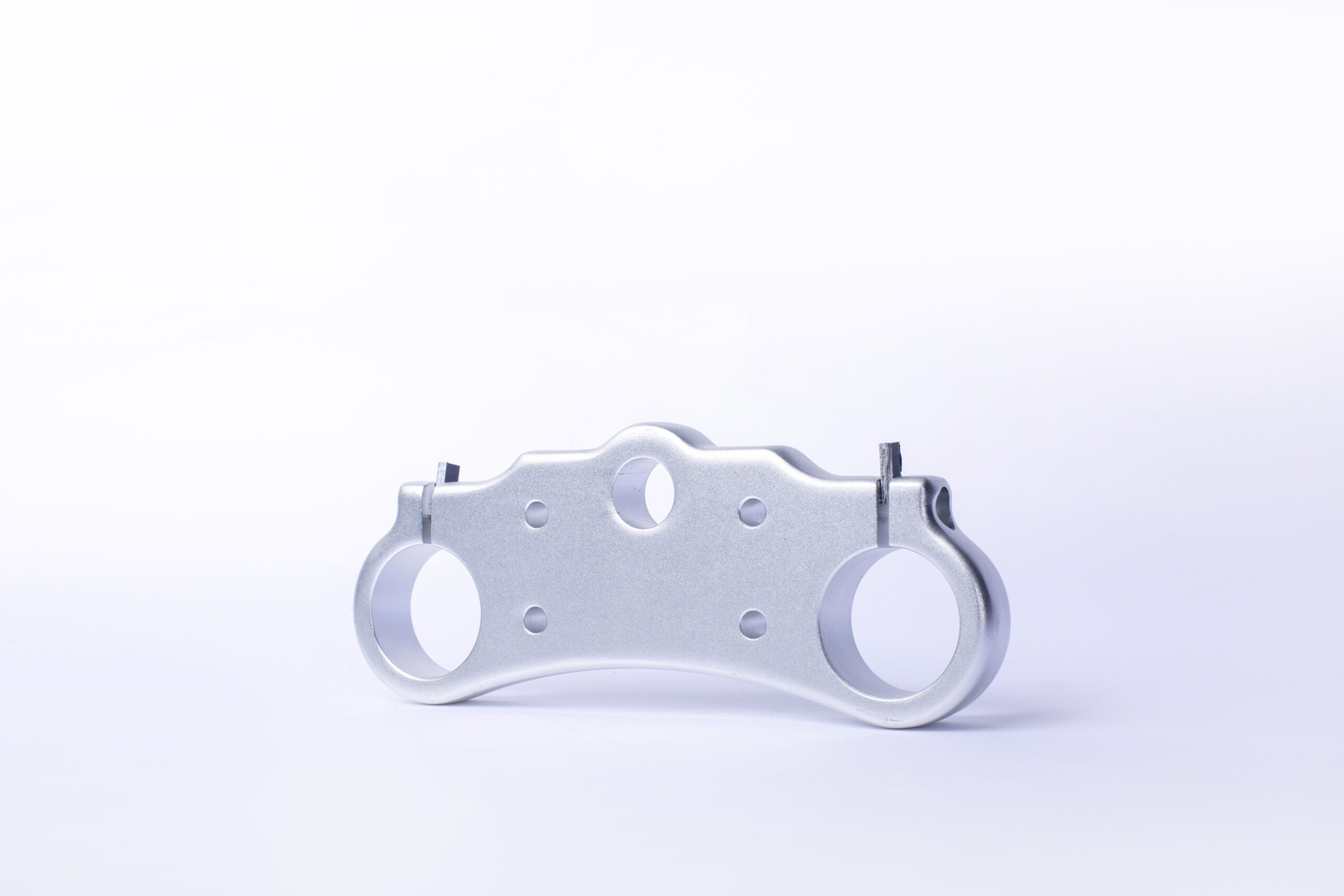
The manufacturing process involves several stages:
- Heating: The aluminum billet is heated to a specific temperature to make it malleable.
- Forging: The heated billet is placed in the die and shaped under high pressure using hydraulic or mechanical presses.
- Trimming: Excess material, known as flash, is trimmed off to achieve the final shape.
- Heat Treatment: The forged parts undergo heat treatment to enhance their mechanical properties.
- Finishing: Surface treatments such as machining, polishing, or anodizing are applied to achieve the desired finish.
- Quality Control
MINGYU’s rigorous quality control procedures ensure that every forged product meets the highest standards. Inspection methods include:
- Dimensional Inspection: Using precision measuring tools to verify dimensions and tolerances.
- Non-Destructive Testing (NDT): Techniques such as ultrasonic testing or X-ray inspection to detect internal defects.
- Mechanical Testing: Assessing properties such as tensile strength, hardness, and fatigue resistance.
Advantages of Choosing MINGYU
MINGYU stands out as a leading aluminum forging manufacturer due to its:
- Advanced R&D: Continuous investment in research and development to innovate and improve forging techniques.
- Customization: Offering OEM/ODM services to meet specific customer requirements.
- High-Quality Standards: Commitment to quality through comprehensive quality control measures.
- Global Supply Chain: Efficient supply chain management ensures timely delivery and cost-effective solutions.
- Customer Support: Dedicated support team to assist with design, manufacturing, and post-sales service.
Conclusion
Designing aluminum forge products requires a thorough understanding of material properties, design principles, and manufacturing processes. MINGYU, with its extensive experience and advanced capabilities, provides a reliable partner for high-quality aluminum forging. Whether you need standard parts or custom solutions, MINGYU’s expertise as a leading supplier and distributor ensures you receive products that meet your specific needs with excellent cost performance.

